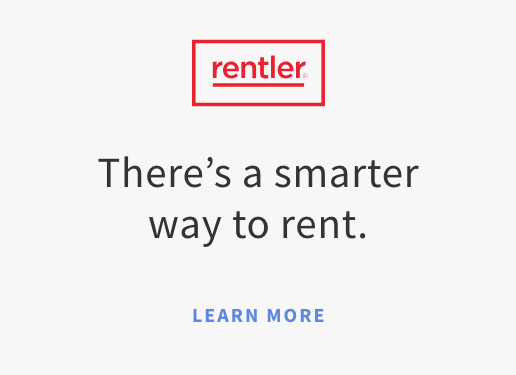You deserve to live in a safe home. Even though landlord/tenant responsibilities regarding maintenance vary greatly by region, there are a few basic standards that are always true, based on common law. One of those is the Implied Warranty of Habitability.
Generally, this legal standard says that landlords should make sure that their units have:
- Drinkable water and hot water
- Heat during cold temperatures
- Electricity
- A smoke detector
- A working toilet and plumbing
- Sanitary conditions that include removal of insect or rodent infestation (although this can be a controversial subject)
- No violations of local building codes
One quick note: There is nothing in the laws about a refrigerator or a stove, even though renters normally consider those to be essential to modern life. The fact is that many landlords across the country rent apartments without these kitchen essentials and have started requiring tenants to provide their own. Local laws and standards take precedent here.
If you have a good relationship with your landlord, it should be fairly simple to let them know when something important needs repair (especially if you submit an online maintenance request) and to see results within a narrow window of time. If you have already gone down that route, though, and your maintenance request has been ignored or not completed correctly, you have a few options.
What does “fixed” mean, legally?
Sometimes, landlords will try to make repairs in the least expensive way possible. If you feel as though these repairs are inadequate, it may be that the condition of your apartment is in violation of local housing laws. In that case, the problem hasn’t really been “fixed” and you will have to go a step further to get things back to habitability.
Before you contact local building inspectors, make sure that:
· You know the difference between major and minor repairs, according to local law.
· The problem wasn’t caused by your negligence or carelessness. If the repair is your fault, it still needs to be fixed but you may be responsible for paying some percentage of the costs.
· You gave the landlord enough time to respond, according to local law.
· You are current on the rent and not in violation of the lease in any way.
· You are ready to risk lease termination or eviction, regardless of who is legally in the right.
What should you NOT do (except as a last resort)?
The laws about rent withholding vary greatly state to state or even town to town, so don’t make any moves without legal advice. In most cases, there are specific actions and requirements regarding a maintenance request that you will have to meet before withholding rent.
In many states, you cannot stop paying rent while you are occupying the property. If you do stop paying and the landlord takes you to court, you may have to pay back rent and court costs before the landlord repairs anything. On the other hand, in tenant-friendly states like Massachusetts, you can withhold rent if you pass this test.
What CAN you do about an unresolved maintenance request?
There are landlord/tenant mediators in every state who can help you sort out your disagreement.
The most common resolution is just to move out and terminate the lease. If the relationship is so broken that you can’t get the landlord to make basic repairs, you should probably live somewhere safer. The landlord is likely to keep your security deposit and that may set off some legal challenges. At that point, you may want to sue for damages, going back to the point where you notified the landlord that there was a breach of the Implied Warranty of Habitability. The amount of the damages would be any financial loss you sustained as a direct result plus the difference in value between what you paid in rent and the fair market value of the property in uninhabitable conditions.
A less drastic response would be to make the repairs yourself and deduct it from the rent, as long as the repairs cost less than a single month’s rent. May sure the landlord knows that you intend to do this and has time to respond or prepare for a legal battle.
Before you do anything…
Talk to an attorney who has experience with real estate law in your state. Remember that tenants also have basic responsibilities for keeping their apartments in good condition.




